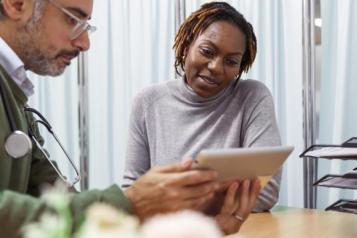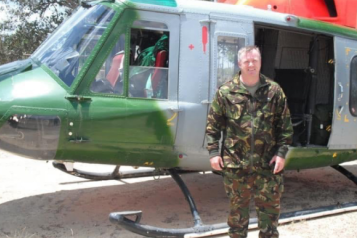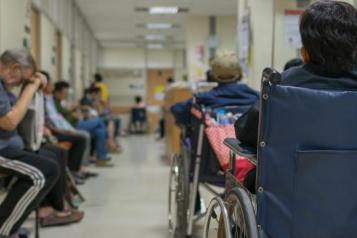Long Read: What is it like to go through two knee surgeries?
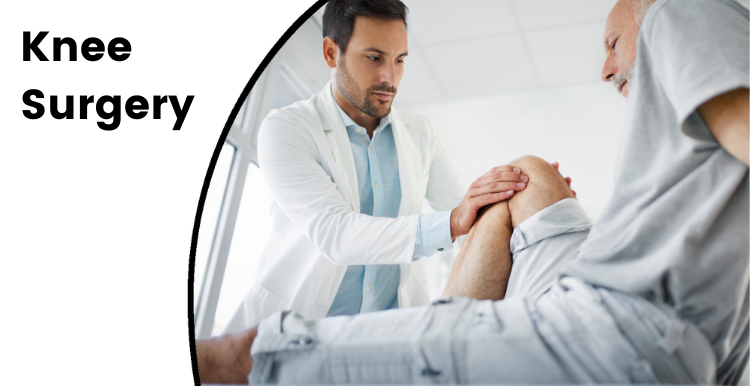
One of our volunteers has kindly shared their story while waiting for their hospital treatment and then receiving two knee operations.
Thank you to our volunteer that has allowed us to make this blog happen.
This blog is a long read and has an average read time of 25 minutes.
Knee replacement surgery
In the summer of 2021, I had a GP referral to hospital. I had x-rays taken which showed I had severe arthritis in both knees. A physiotherapist assessed and examined me. After this assessment, I was advised that I needed two total knee replacement surgeries.
I was surprised I didn’t have to wait long before being offered the option of having my first knee surgery at a local private hospital through the NHS. I had an appointment with the consultant to discuss my knee surgery in July 2021 and at the end of September 2021 I had my first knee surgery.
Following a recovery period, I then had my second knee surgery in December 2021.
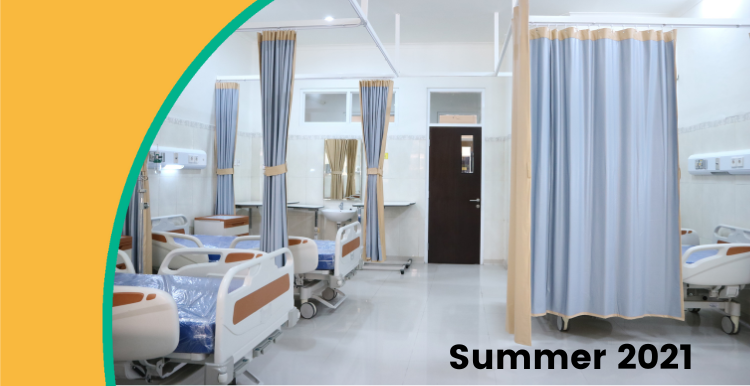
The GP phone system was a key challenge while waiting
I have high blood pressure and I am on tablets to manage my blood pressure. During the summer of 2021, while waiting for my surgery, I became concerned about my swollen ankles. I had a stressful experience trying to get through to my GP surgery to make an appointment about this - I was number 28 in the telephone queue and I began to feel panicky and anxious. In addition, I had previously been told by my GP to ask for an appointment with her specifically when booking as she is already aware of my health conditions and prescribed medications. When I finally got through to make an appointment, I was told I couldn’t see my GP which added to my anxiety.
The surgery staff member told me, ‘a doctor will ring you back’. However, they didn’t check which number to ring me on. I waited anxiously all day for a phone call on my landline, but it didn’t come. Then I realised the doctor had called my mobile phone which I rarely use and was switched off that day. I felt very distressed that I had missed the call, especially after all the stress of trying to get the appointment, and I was worrying about my swollen ankles.
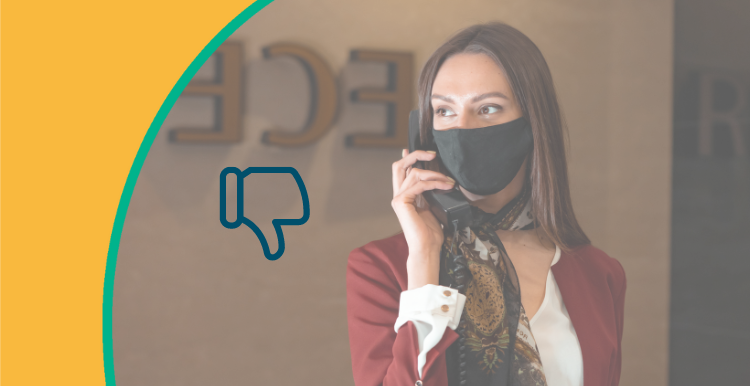
Helpful pharmacists
After a call to NHS 111 they referred me to a pharmacist. The pharmacist called my GP surgery and queried about my medication. This support from my local pharmacist really helped sort out the situation - following the call from the pharmacist I was contacted by my GP who reviewed and changed my blood pressure medication.
I also found the pharmacist at my local Boots chemist very helpful when I had queries and questions about health advice and medication.

First knee surgery – my hospital experience
The private hospital where I had my surgery was excellent – nothing seemed too much trouble. I was struck by how very efficient everything was, a streamlined system, and the staff all seemed very helpful.
The communication was excellent from the hospital. Healthcare staff always called when they said they would and they always called on time, for example the nurse arranged to call me to go through my medical history in preparation for my operation and she called on time and was thorough and reassuring.
Before having my operation, I received a pre-op package to help aid my recovery - I thought this was excellent. Their package included: a pre-op bathing solution and nasal drops to prevent MRSA and also high energy drinks.
There were clear instructions included and it was all very helpful and reassuring. Plus, they organised blood and urine tests as part of the pre-op checks and arranged for me to have a covid test.
On the day of my first knee surgery I was met by the porters and they took me to my room before my operation, so I didn’t worry about getting lost. Then the anaesthetist came to see me and finally the theatre nurse escorted me to theatre and explained what would happen.
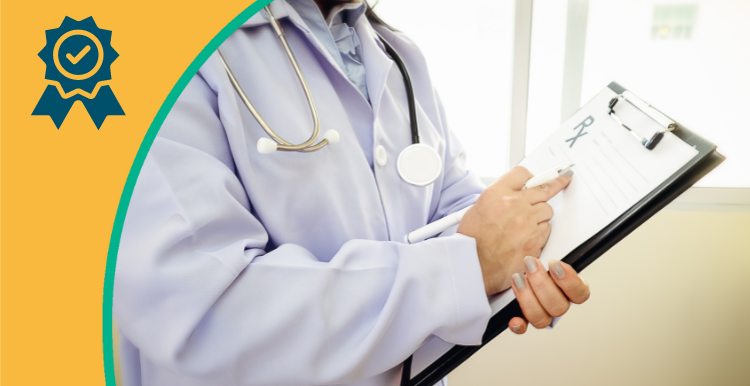
What didn’t go well with my first operation
I found recovery from my first knee surgery challenging and, in hindsight, I was under prepared for the impact the surgery would have on my body and on my mental health.
The day after my operation my oxygen levels were low. I felt nauseous and dizzy. I think it was from the anaesthetic. The second or third night I was in the hospital I was in so much pain I rang the bell. The nurses came and they gave me a stronger painkiller and then I felt better. I felt cared for and supported by the staff. They didn’t rush me and said I could stay in hospital until I felt ready to go home as I felt worried about going home feeling so bad.
During the 5 days I stayed in hospital the consultant came to see me to check on my progress and I saw a physiotherapist who was very positive about my physical progress and very reassuring - the healthcare staff try to get you moving and out of bed as soon as possible which I found very painful and difficult.
The physio also arranged for all my equipment to come home so everything could be set up before I arrived home.
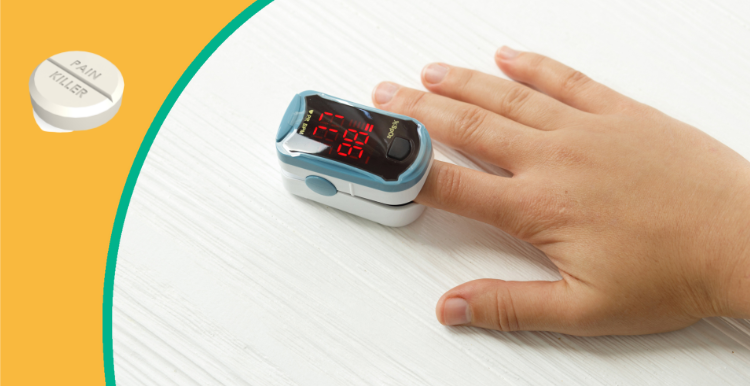
Recovering at home
When I did get discharged the nurses told me to take the painkillers when I needed them and not to worry about getting addicted. Although they were trying to be helpful and reassuring, I really did get a bit dependent on the painkillers once I was discharged. I can say now I was a bit addicted to taking the very strong painkillers - they were the only thing that took all the pain away and made me feel better at that time but they did also make me feel disorientated. I began to feel scared about being too dependent on them. I contacted the hospital pharmacist who agreed I might be addicted and advised me to stop taking the very strong painkillers straight away and only take the other painkillers I had been prescribed.
I found sleep difficult for a while after my knee surgeries. The pain kept me awake and it was hard to really get into a comfortable position. I also had a strong desire to get up in the night and walk around.

Equipment and help at home
What I didn’t realise was how much equipment would be needed to help with my recovery: 2 crutches, a higher toilet seat, 2 walking frames (one upstairs,
one downstairs), a walking stick and a commode. For a time, I also used a stairlift as we have one installed at home from when my late husband needed it.
I feel very fortunate that my son, who lives with me, took such good care of me, without his help I don’t know if I would have been able to get through it - when you have had knee surgery you need help. I don’t know how someone would manage if they lived alone or didn’t have anyone to look after them, it’s important for safety. He helped me by keeping a record of the medication I had taken and when I had taken it.
I think it’s very important that a patient is encouraged to have someone with them at appointments/when information is given about treatment and care as it is hard to remember all the information yourself.
I feel it’s also very important to have someone with you to help you recover; they can encourage you to eat and drink and help change your bandages. You are told you need to eat as much as possible after the operation to help your recovery but because I was vomiting and had constant nausea and felt so poorly I really didn’t feel like eating and I lost a lot of weight – which benefited me later as I am overweight. My family supported me and encouraged me to keep eating a little, they bought me crystalised ginger and made me mint tea and warm ginger cordial to ease my sickness. Along with my nausea medication, all this care really helped.
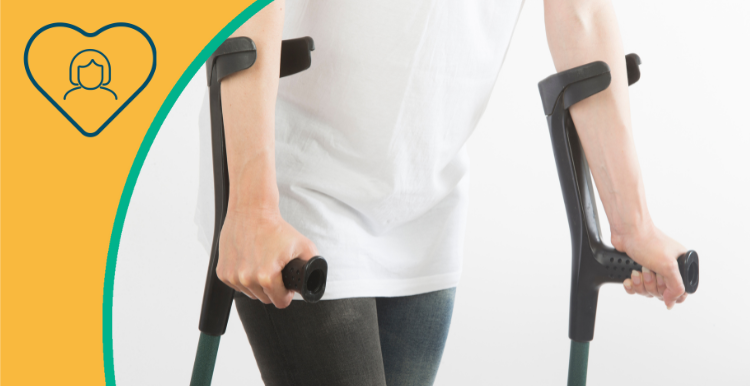
Bad infections
After both operations I got bad infections.
I didn’t realise about the infections, I had no signs on the outside of the bandage that anything was wrong. It was my daughter, who was visiting, who noticed the first infection when she helped me change my dressing. I was able to go back to the local private hospital where I had had my NHS surgery as I was still under their care.
When I went back to the hospital with concerns about infection, they took a swab both times. The first time I spoke to one of the hospital doctors who was able to call my consultant (the one who had done my surgery) and they discussed with me if I needed any extra medication. The second time the infection was worse, a nurse noticed when they were removing the clips (I found the removal of the clips very painful). The clips are there to help the surgery wound to heal but my wound had got infected. The nurse went out of the room and brought the consultant in to check my wound over.
Later that night some bleeding occurred, I received advice to deal with it and I was given the choice of going to hospital that night or the next day. I went the next day and the doctor discussed the likely cause. I was told to return to the hospital if necessary. I felt reassured.
I felt this was very good aftercare, I was able to go back to the hospital both times and get sorted.
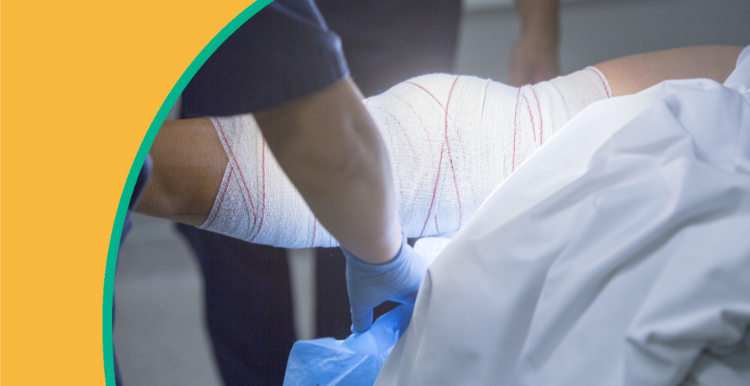
Great support from the physiotherapist
As part of my recovery I had regular appointments with a physiotherapist, and I found this support really made a difference to my recovery. The physio gently encouraged and listened to my concerns – including my concerns about having a second knee operation. I really didn’t want to have a second operation before speaking to the physio, I felt scared. She sat and listened and encouraged me to try to get out and about a little more. She advised me to go outside and see how I felt then.
I took her advice and I went on a little trip along the road with my son. I felt secure knowing he was with me. I felt a lot better after this trip and it encouraged me to do a little more. At first, I used crutches and later I used a walking stick when we went out.
Speaking to the physio really helped my confidence and started me thinking that maybe I could go through with my second knee operation.
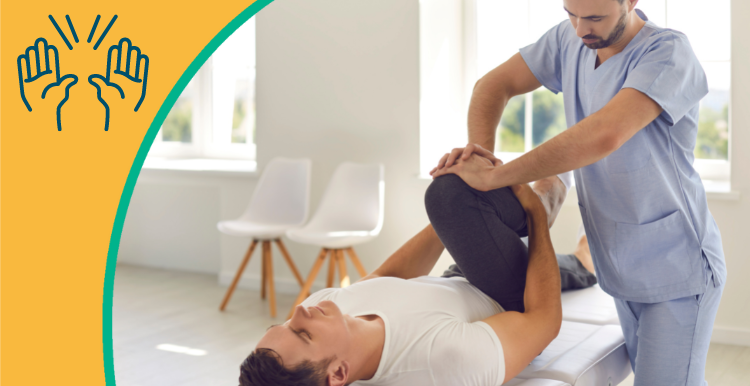
More information about what to expect
I really wish someone had told me what it REALLY was going to be like. I understand they don’t want to scare you, but I wasn’t prepared for how poorly I would feel. I had terrible nausea - a side effect of my medication, and I got oral mouth thrush from using my inhaler when my oxygen levels were low.
I did ask for help to take a shower while I was in hospital but no one came to help me so I didn’t get a shower before leaving. I was worried about getting my dressing wet and didn’t know if my dressing was waterproof. It was only much later when I was recovering at home that I found out it was waterproof, and I didn’t need to have worried so much. My son had been helping me by covering my dressing in plastic every time I had a shower.
I did receive good advice about dealing with nausea from my GP, a side effect of the codeine can be constipation and the GP also sorted this out for me.
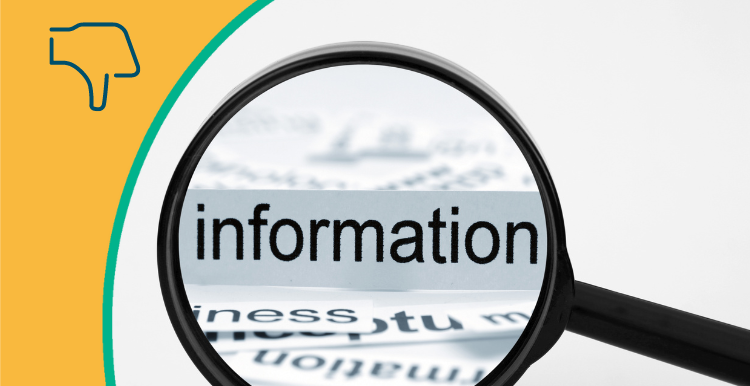
Second knee operation
I had almost decided not to have my second knee operation as I had found the recovery from my first knee operation so challenging and didn’t want to feel that poorly again. The consultant checked in with me and asked how I was feeling and we discussed my concerns about the second operation. After being reassured by the physio and then talking things through with the consultant I decided to have the second knee operation. Also, with long waits due to the impact of Covid-19 I knew I was fortunate to be offered my surgery, and I didn’t want to go to the back of the queue, so I signed the consent form. I also felt that this time I knew what to expect and I was prepared that I might feel poorly and the medication would have side effects.
Following my second surgery I think I was in more pain because the staff were initially very cautious with my pain relief as I had told them that I felt I relied too heavily on the very strong painkillers for pain relief after my first knee surgery. Although I didn’t have all the same side effects from the anaesthetic this time (my blood pressure was okay and I didn’t need to use my inhaler afterwards).
The second time I was in I felt the day staff weren’t as attentive as the first time. Different staff, different people - which will sometimes be the way. They didn’t come and check on you as often and there were times when I was reaching out for the bell but it was out of reach so I had to call for help and no one came and that felt very frightening. It was an auxiliary staff member who heard me crying and got a nurse for me. I struggled to get my operated knee on to the bed, probably because my other knee was still recovering from surgery. The staff varied in their response to me. I felt some staff expected me to get on and do it myself without help from them. It was extremely painful to do this.
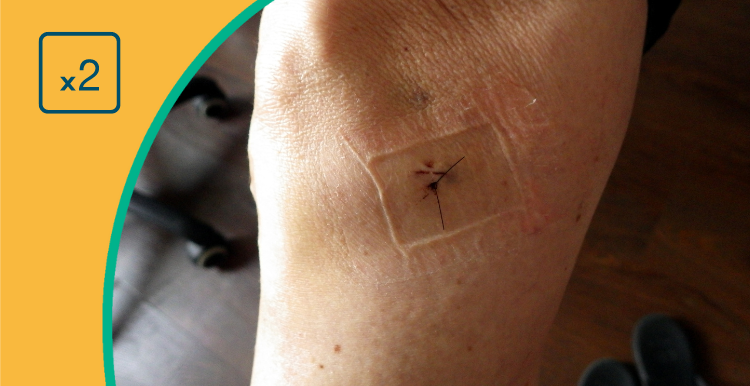
Some people go above and beyond and really provide that extra care
Hospital catering staff were fantastic. I had problems with my appetite following surgery and I really felt the catering staff at the hospital went above and beyond. They were very caring, and they always provided such a variety of options/things to eat. They try to get to know you a bit. They made suggestions to me and encouraged me to eat.
I also particularly remember a male nurse who had a calm and very reassuring manner who bent down and put my slippers on for me and a healthcare staff member who came and spoke to me and really listened to how I was feeling, he instilled so much confidence in me – it really made a difference. He also discovered that I hadn’t had pain relief for 6 hours and got this sorted for me.
The second time I had surgery I also got pain relief advice from my GP as I was so worried about becoming dependent on painkillers and I really felt he was supportive and listened to my concerns. I was prescribed a different strong painkiller that didn’t leave me feeling disorientated and I had no signs of dependency. In addition, I received helpful advice from a hospital pharmacist who gave me precise information about reducing my painkillers when appropriate.

Anti-embolism stockings
I was given anti-embolism stockings and advised to wear then for six weeks following my surgery. I found it nearly impossible to get them on and off and my son had to help me. They were uncomfortable to wear all the time – the top of the stocking kept rolling down and would dig in painfully. My son insisted I wear them as he was worried I would get a blood clot if I didn’t. I felt really fed up about it, but my son helped me find a different way to get them on and off. He looked on the internet for ideas and in the end, I did manage to wear them constantly for more than 4 weeks and I was okay and thankfully didn’t get a
blood clot.
I would say the hospital/NHS should provide you with some extra pairs of stockings as they should be washed regularly.
What helped and what could have helped...
The cardboard bed pans aren’t very female friendly surely there is someone out there who could redesign a bedpan for women that is fit for purpose.
The biggest improvement for my patient experience would be clear information beforehand. This would have really helped me to know what was coming. I understand that the doctors and nurses don’t want to scare you but for me, before I had my surgery, I think it would have been helpful to talk to people who had recovered from their knee surgery. I would have liked to ask them for an honest description of how it was and how they felt about their recovery. I don’t feel I knew what to expect at all. The only information people told me about was the importance of doing the exercises – no one mentioned how painful it would be.
In the end, I found the internet provided practical advice and information about what knee surgery can be like and recovering. I didn’t really feel like I got much information about this from the NHS. My son helped me look on YouTube and we came across a channel ran by two Canadian doctors and I really found all their videos so helpful and reassuring with good advice. I felt reassured that my recovery could be at my own pace and I didn’t need to rush to do things I didn’t feel comfortable doing yet – that it would come in time.
I know the NHS has recently launched a ‘While You Wait’ website with information and advice but this came a bit late for me as I was recovering from having my surgeries so I don’t really have any experience of using this resource.
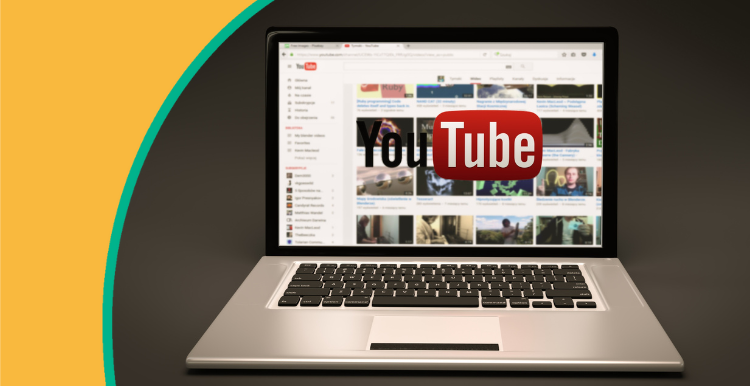
Six months on from surgery…
I started driving about 9 weeks after both operations. It was painless. The physiotherapist once told me different people recover at different rates and I think that is a good thing to remember. Two knees can heal differently even if the surgery is done by the same surgeon – my second knee has healed better than the knee which I had replaced first.
For both my knee operations I have seen the consultant at six weeks following my surgery and then again at six months following my surgery. My x-rays at the six month check were all fine. I can walk normally. I have no pain walking – except when using stairs or getting on and off a low chair or toilet and the physio says this will improve within a year to 18 months of the operations. I will see the consultant again for another check 12 months after my surgery.
My legs are now straight and no longer bowed and the severe pain I was in before my operations has gone.
The number of knee exercises I do now has reduced, I have been advised to walk as much as I can and do normal activities.
I am very glad I had my two total knee replacements. I had problems with my knees for over 25 years. The healthcare staff seem happy with my progress. I felt I was able to go with a list of questions to the physio and I was able to get help and answers. The physio also reassured me it was okay to have the right pain relief to be able to help me to do my exercises.
Finally, I really think I have been lucky to have the support and encouragement of people which has been a big help in my recovery. I have felt encouraged and supported by my family, friends and people in my local community.
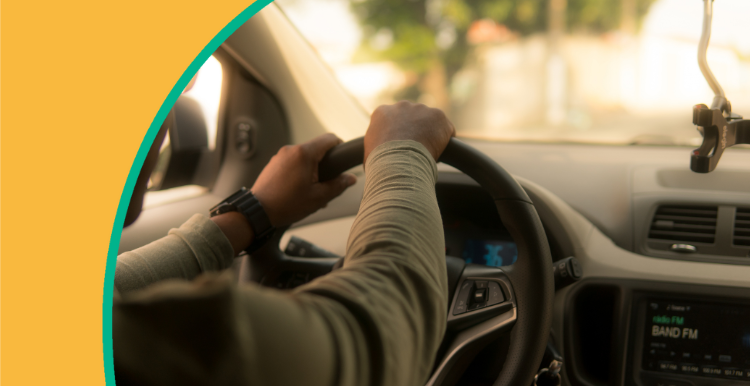
Would you like to share your views?
Healthwatch Stockport runs off the back of gathering feedback from the people of Stockport. What was your last experience when attending a health or social care service? We would like to hear your views.
We have a dedicated feedback centre that allows you to share your views and take part in surveys that can help shape the health and social care sector in Stockport.
